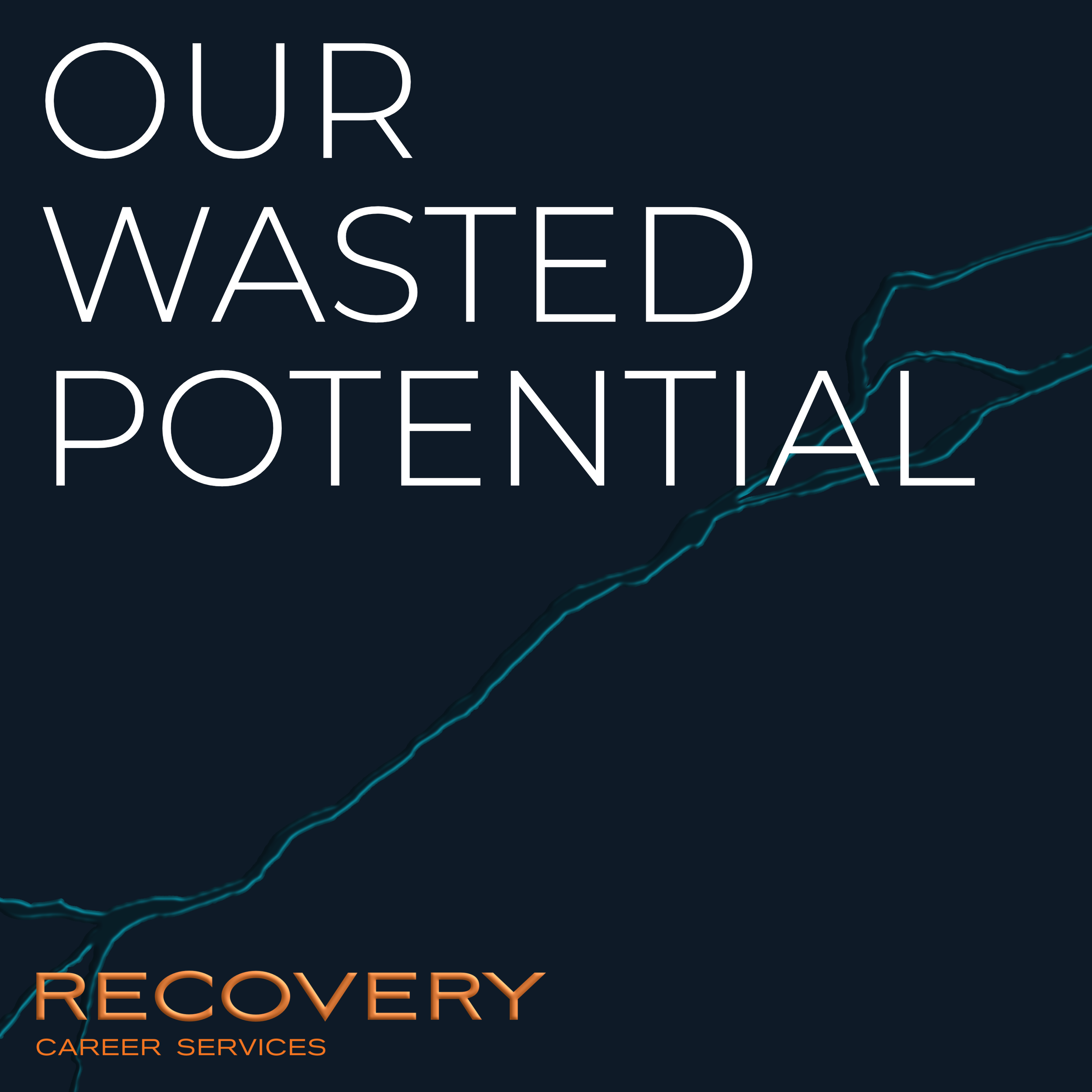
The Need: Equitable work opportunities
The Need:
Millions of capable employees have a hard time accessing work, even during low unemployment
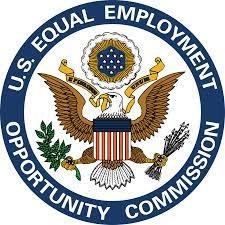
What is the Easiest Way for an Employer to Show That They Have Inclusive Hiring Practices?
Employers do a great job of having equal employment opportunity statements, in accordance with their principles (and the law).
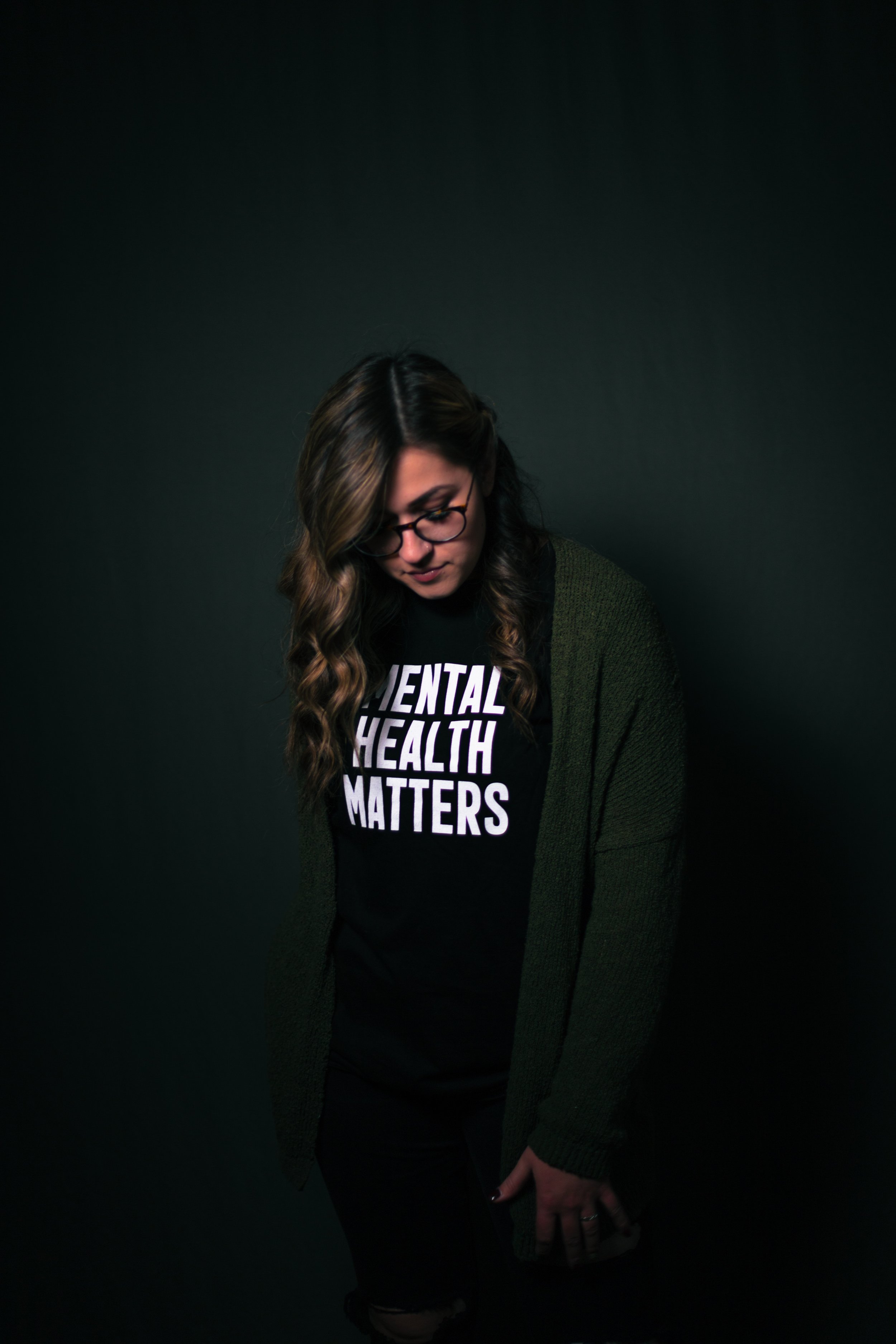
Should My Company Have a Mental Health/Wellness Policy?
Yes! it is important for your employees to know that your company cares about them being their best at home and at work.
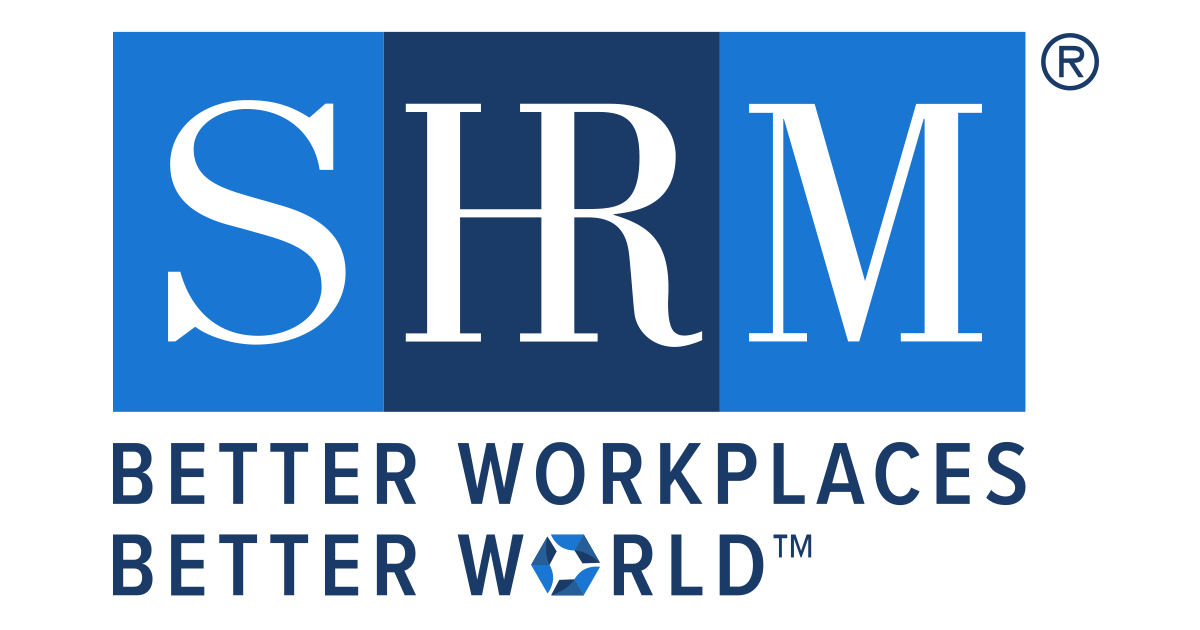
Employing and Managing People with Addictions
For businesses and managers of people, it can be tricky to know the do’s and don’ts of doing what is best for employees with substance issues and working in the interests of the company as well.

How Can an Employer Spot Signs of Substance Abuse in an Employee?
The answer to this used to be pretty straightforward in a world where workers went to the office on a regular basis. Employers could look for visual cues, such as a haggard appearance, disheveled clothing, or the smell of alcohol.

How Can Employers Help Workers Who Have Gone to Treatment Return to Work?
Employee Assistance Programs and health insurance companies do a wonderful job of providing treatment for employees who need help with substance issues. However, there is virtually no formal support offered after the employee completes (or leaves) treatment and returns to the workplace.
How can employers help their employees reacclimate to the workplace?
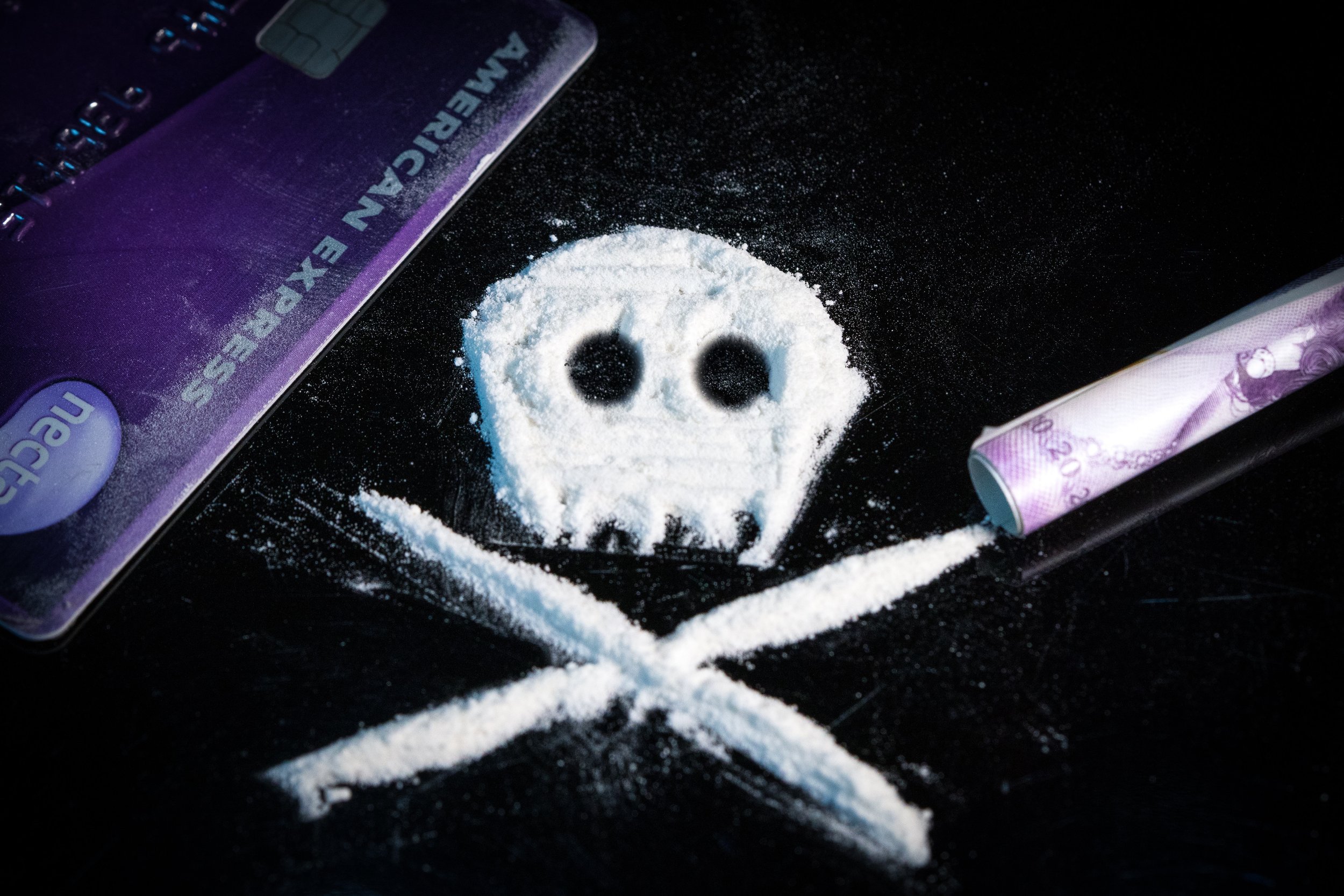
How Do I Help Employees Who May Have a Drug or Alcohol Problem?
Employers need to balance their genuine care for their employees and protecting the business from any legal action that may happen if they handle the situation incorrectly.

Recovery Career Services is Now a Hazelden Betty Ford Preferred Provider
Hazelden Betty Ford is a world-renowned provider of addiction and mental health treatment services. For more than 70 years, Hazelden Betty Ford has been at the forefront of providing lifesaving, compassionate care and specialized services to help people from all walks of life get to feeling like their best selves.

Survey: Increasing Number of US Workers Support Hiring People with Criminal Records
Recent research from the Society for Human Resource Management (SHRM) and the SHRM Foundation found that people in the U.S. embrace the idea of second chances and would be proud to work for an employer—and would patronize a business—that hires people who have a criminal record or who have been incarcerated.

Why is Second Chance Employment Important?
Second chance employment is not just an opportunity for people to rebuild their lives but provides many benefits to other parts of society.

If a Company is a Fair Chance Employer, Does That Mean They Hire Anyone with a Criminal Record?
Many states in the US have passed “Fair Chance” hiring laws, which define when and what companies can ask about an applicant’s criminal conviction history. Most commonly, these laws state that employers cannot ask about an applicant’s possible past criminal justice involvement until after they have interviewed and are considering making an offer of employment.

How Can Recovery Help Me Become More Valuable to an Employer?
For individuals recovering from addiction and alcoholism, one of the best ways to build value to an employer is to be engaged in some form of recovery. By “engaged in recovery,” I mean being active in any process that helps get you in connection with others, so you are not trying to manage not using substances on your own.

What Are the Benefits of Second Chance Employment for Businesses?
Second chance employment is not charity or a handout. It is a genuine opportunity for businesses to find workers who will make a positive impact.

What Is Second Chance Employment?
According to SHRM, second chance employment is the act of employing formerly incarcerated individuals, people in recovery, or other applicants whose life choices and situations have disadvantaged them in obtaining stable employment.

What is the Relationship Between Employment and Recidivism?
Employment is important for many reasons, and one of the most important is that it leads to lower recidivism rates.
